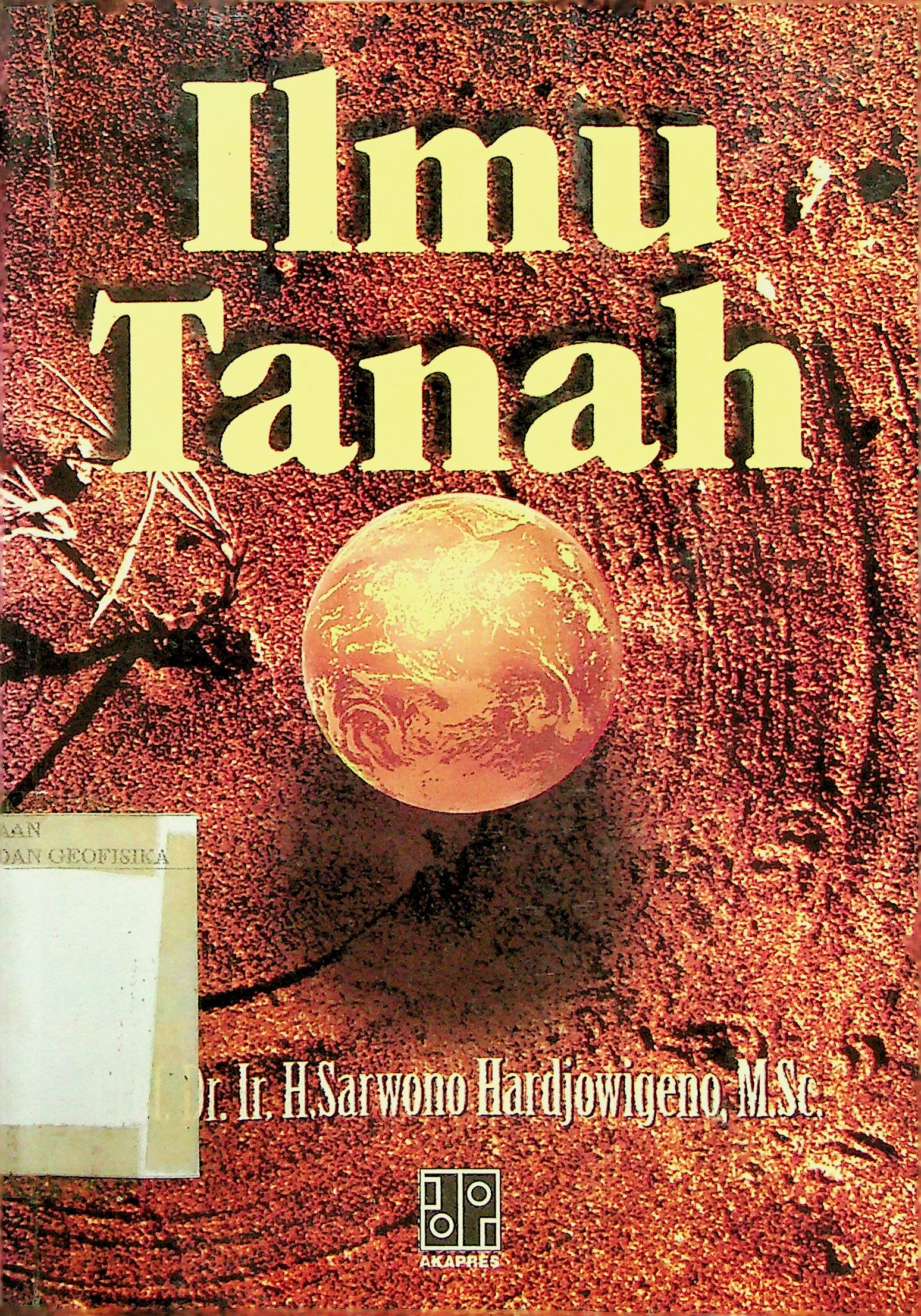The National Seismological Network of Costa Rica (RSN) is a joint effort between the University of Costa Rica (UCR) and the Costa Rican Institute of Electricity (ICE). In this article, we briefly describe its history, contributions, and seismic cata- log. We also address recent developments, such as the expan- sion of the station network, the improvement on earthquake locations, and the use of new communication channels to share earthquake information. The RSN seismic catalog contains almost 123,000 earthquakes recorded since 1974. The geo- graphical distribution of the local seismicity highlights plate boundaries as well as regions located along the inland projec- tion of several bathymetric highs in the Cocos plate. In 2015, 70 new short-period seismometers were installed to provide a new configuration with higher station density in central Costa Rica. Also, earthquake locations were improved by integrating routines from the SeisComP, EarthWorm, and SEISAN soft- ware packages. Additionally, several tools for disseminating earthquake information were developed, for example, an appli- cation for smartphones released in 2015 and a new website created in 2017. The RSN is also using Facebook and Twitter to engage and educate nonscientific audiences.
5
The National Seismological Network of Costa Rica (RSN): An Overview and Recent Developments
Linkimer et al.
Penerbit :
Seismological Research Letters
Tahun :
2018
epaper
Geofisika
-
No Scan-
-
No Klasifikasi551.22
-
ISBN-
-
ISSN-
-
No Registrasi-
-
Lokasi TerbitUnited States
-
Jumlah Hal7
-
Label-
-
Versi DigitalTIDAK
-
Versi FisikTIDAK
-
Lokasi Rak Buku Fisik//
-
Jumlah Exemplar Fisik Tersedia-




